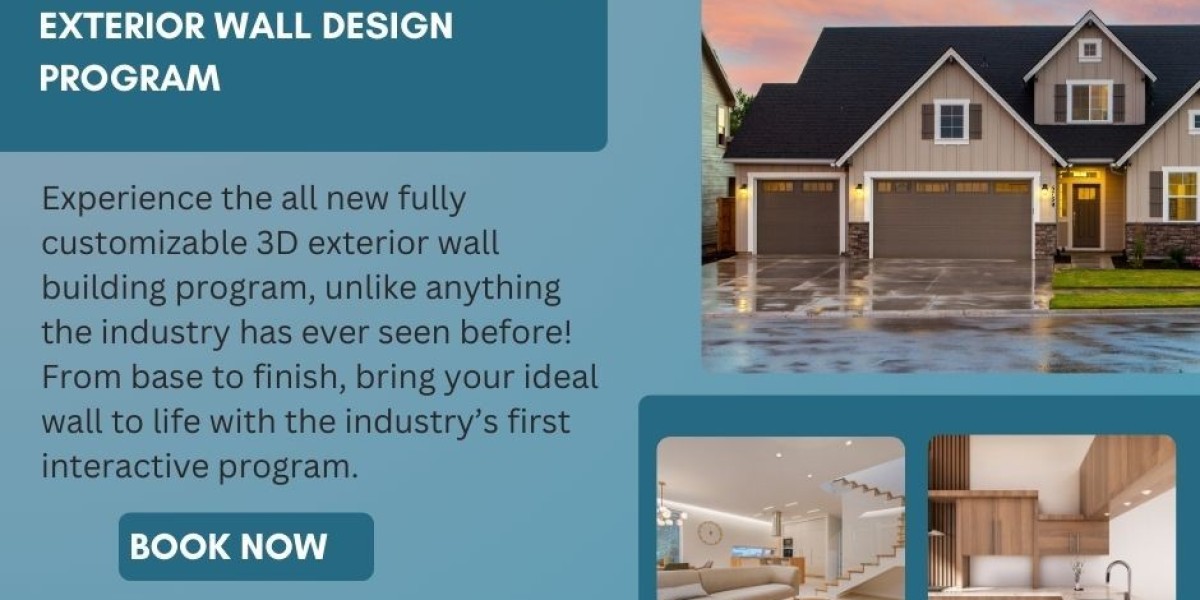One of the most effective solutions for achieving these goals is the implementation of Continuous Insulation (CI) Systems. These systems provide a seamless layer of thermal insulation across the building envelope, eliminating common inefficiencies caused by thermal bridging and offering numerous benefits for both residential and commercial structures.
What is Continuous Insulation?
Continuous insulation refers to a layer of insulation material that is installed without any gaps or interruptions over an entire surface. It is applied on the exterior, interior, or within the wall assembly to maintain consistent thermal performance across the building envelope. Unlike traditional insulation methods, which can leave gaps around studs and framing, CI systems form a protective shield, enhancing energy efficiency and reducing heat loss or gain.
Key Benefits of Continuous Insulation Systems
- Enhanced Energy Efficiency
One of the most significant advantages of CI systems is their ability to minimize thermal bridging, which occurs when heat escapes through materials with higher conductivity, such as studs or framing. By eliminating these weak points, continuous insulation significantly reduces heating and cooling costs, making buildings more energy-efficient and environmentally friendly. - Improved Comfort
With CI systems, indoor temperatures remain more consistent and comfortable year-round. The reduced heat transfer ensures a balanced interior climate, whether during the sweltering summer months or freezing winters. - Moisture Control
Properly installed continuous insulation systems also act as a barrier to moisture infiltration, protecting the building’s structure from damage caused by condensation or water intrusion. This added layer of protection helps extend the lifespan of the building materials and prevents costly repairs. - Code Compliance and Sustainability
CI systems meet or exceed modern building codes and energy standards, such as ASHRAE 90.1 and the International Energy Conservation Code (IECC). Additionally, they contribute to sustainability certifications like LEED, making them an ideal choice for eco-conscious builders and developers. - Versatile Applications
Continuous insulation systems are compatible with a variety of construction methods and materials, including wood, concrete, and steel. They can also be combined with other wall assemblies and finishes, making them adaptable to different architectural styles and project requirements. - Aesthetic Flexibility
Alongside their functional benefits, CI systems provide the flexibility to incorporate various exterior finishes, such as stucco, brick, or metal cladding, ensuring that the building maintains its visual appeal while reaping the benefits of advanced insulation technology.
Applications of Continuous Insulation
Continuous insulation is suitable for a wide range of applications, including:
- Residential homes: Enhancing energy efficiency and comfort for single-family and multi-family dwellings.
- Commercial buildings: Lowering operational costs and achieving sustainability goals for offices, retail spaces, and industrial facilities.
- Retrofits: Upgrading older structures to meet current energy standards while preserving their original aesthetics.
Why Choose a Continuous Insulation System?
Incorporating CI systems into your building project not only ensures compliance with energy codes but also provides a long-term solution for reducing energy consumption, lowering utility costs, and improving overall building performance. The ability to combine thermal efficiency with structural durability and design versatility makes CI systems an essential element of modern construction.
Conclusion
A continuous insulation system is more than just an insulation choice—it’s an investment in energy efficiency, sustainability, and long-term building performance. As the demand for greener construction continues to grow, CI systems have become a standard in achieving energy-efficient designs that benefit both the environment and your bottom line. Whether you’re building a new structure or retrofitting an existing one, continuous insulation is the key to creating comfortable, cost-effective, and eco-friendly spaces.



